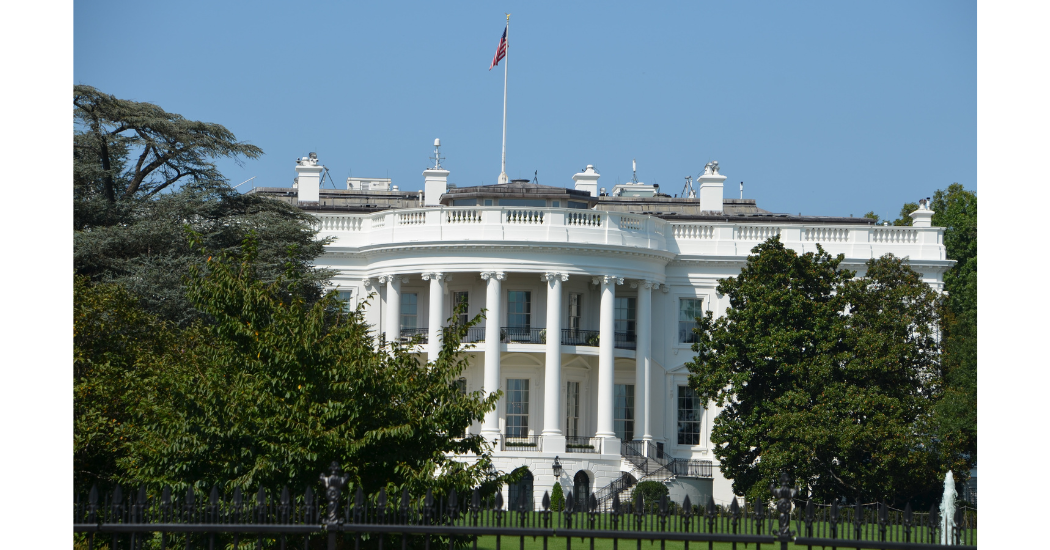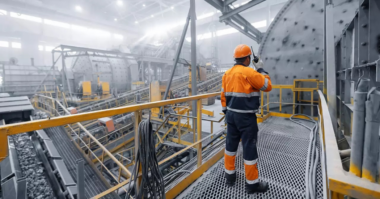Currently, manufacturers in the municipal water space must comply with American Iron and Steel (AIS) requirements as originally passed by Congress in the Consolidated Appropriations Act of 2014. Municipalities that want to use drinking water and clean water state revolving loan funds (SRF), WIFIA funding, or funding from the USDA Rural Utility Service must certify that specific products made of iron and steel and listed by Congress are manufactured in the U.S. https://www.epa.gov/cwsrf/state-revolving-fund-american-iron-and-steel-ais-requirement. A comprehensive waiver process has been established for those listed products that cannot be made in the U.S. While the waiver process exists, it is a multi-step, time consuming process and at times, previous Administrations have curtailed or prevented the use of waivers. Eight years later, we still see one to two waiver requests a week from EPA for products such as specific valves and fittings that still are not manufactured in the U.S.
On November 15, 2021, President Biden signed the Bipartisan Infrastructure Bill (H.R. 3684) titled Infrastructure Investment and Jobs Act into law. Now referred to as the Bipartisan Infrastructure Law (BIL), it provides $1.2T for infrastructure funding including $55B for drinking water and wastewater improvements through new funding for the SRFs and WIFIA, lead service line replacement, and addressing emerging contaminants such as PFAS. Targeted to small and disadvantaged communities, 49 percent of the funding is expected to go out as grants and principal loan forgiveness.
The law also applies new domestic content requirements to not only the current funding mechanisms listed above but also for every other loan and grant program administered by EPA, USDA, the Bureau of Reclamation, U.S. Army Corps of Engineers, and across the entire Federal Government. Instead of applying to a specific list of iron and steel products, the Bill states that the term ‘‘domestic content procurement preference’’ means a requirement that no amounts made available through a program for Federal financial assistance may be obligated for a project unless—(A) all iron and steel used in the project are produced in the United States; (B) the manufactured products used in the project are produced in the United States; or (C) the construction materials used in the project are produced in the United States. Construction Materials means common construction materials used in public works infrastructure projects including non-ferrous metals, plastic and polymer-based products (including PVC, composite building materials, and polymers used in fiber optic cables), glass (including optic glass), lumber, and drywall.
The term ‘‘produced in the United States’’ means — (A) in the case of iron or steel products, that all manufacturing processes, from the initial melting stage through the application of coatings, occurred in the United States; (B) in the case of manufactured products, that—(i) the manufactured product was manufactured in the United States; and (ii) the cost of the components of the manufactured product that are mined, produced, or manufactured in the United States is greater than 55% of the total cost of all components of the manufactured product, unless another standard for determining the minimum amount of domestic content of the manufactured product has been established under applicable law or regulation; and (C) in the case of construction materials, that all manufacturing processes for the construction material occurred in the United States. The implementation date to meet these requirements was May 14, 2022.
The law codified the creation of the Made in America Office (MIAO) in the Office of Management and Budget with the responsibility of developing whole-of-Government guidance on implementing these new requirements as well as reviewing all waiver requests and developing of list of products not currently produced in the U.S. The MIAO released its Guidance on April 18, 2022. The Guidance primarily restates the law but adds additional language around the use of waivers (https://wwema.org/wp-content/uploads/2022/05/OMBBuyAmericaGuidance041822.pdf). It is now the responsibility of each Federal Agency to develop their own implementation procedures and guidance. The U.S. Environmental Protection Agency (EPA) is currently developing implementation procedures to address a number of outstanding issues including how to calculate the 55% domestic content of manufactured products and what level and type of certification will be needed to confirm compliance.
These new requirements have the potential to abruptly stop Federal funding in the water sector if EPA cannot find a way to bridge the gap between what is and what is not produced here in the U.S. While a waiver process similar to that currently used by EPA will likely be available, an additional layer of review will be needed as all waivers must be approved by the new MIAO. The Biden Administration has also made it clear that waivers will be the exception NOT the rule.
While other sectors have operated under similar requirements for a number of years, this is new to the water sector. WWEMA has surveyed our members to gather information about the impacts these requirements may have on products manufactured or used in the water sector and has shared that information with EPA and the MIAO along with recommendations on short-term actions that can be taken to mitigate the impacts of these new requirements. The document can be found at https://wwema.org/wp-content/uploads/2022/05/BABALettertoOMBandEPA051622.pdf.
As an industry, it is critical that we are able to ensure the continued protection of public health and the environment by providing needed technologies and products. We hope that you will join us in “raising our voice” for the collective water community. For more information contact Vanessa Leiby, WWEMA Executive Director at vanessa@wwema.org.




